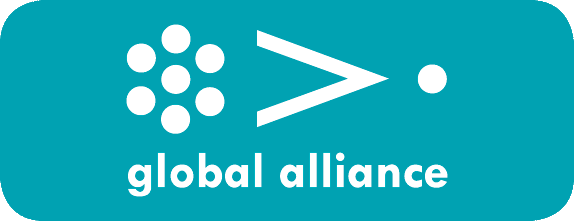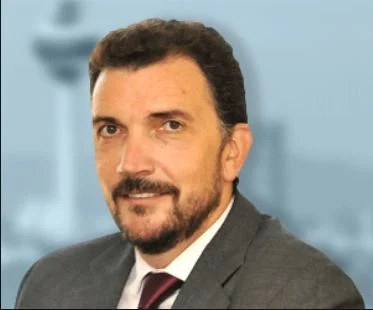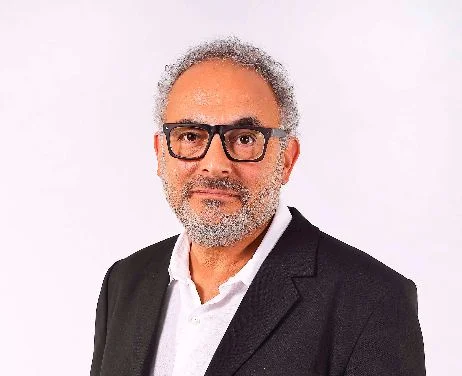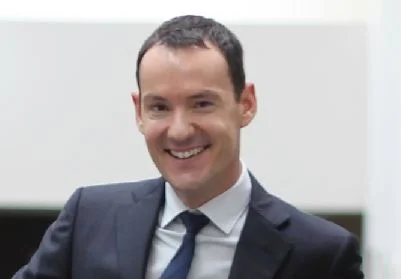Corporate Communications and public relations have a new major challenge.And this challenge has a precise date: 25 May, 2018, the day when the General Data Protection Regulation (GDPR) comes into force.The regulation focuses on the clear and unequivocal protection of people and the dispersion and use of their personal data.
Does Strategy Drive Culture (or is it the other way around)?
Recently I read with great interest a business journal article about the importance of core focus in organizations. It mentioned the airline industry and in particular, discount airlines, which have been around longer than we might think. In the United States, an organization called People’s Express was among the first of its kind to offer “no frills” air travel. More recently, regional carriers like Southwest and JetBlue have taken this idea to new levels of success. However, with all of their success, others have tried this approach unsuccessfully.
A tribe without walls
When I was a child, I dreamed of travelling all over the world. After reading a book called, "The Seven Wonders of the Ancient World", my imagination soared. At the time, the world comprised 130 countries, some grouped together around the idea of Europe, one that was extremely attractive to a Spaniard. A few decades later, the world is divided into more than 200 territories that have attained the category of states (193 are members of the United Nations) and another 60 are pursuing independence with the goal of achieving statehood.
Brazil and the Challenges of Corporate Communication
Brazil is facing the most significant crisis in its history. The country has experienced a great deal of economic turmoil and unprecedented social, political and ethical instability. This has also generated a serious crisis in Corporate Communication because of the impact that these issues have on the country’s identity, image, reputation, its people and institutions. The current situation offers a challenge for communication professionals who will operate in Brazil under the watchful eyes of the global community.
New undergraduate curriculum and education framework coming this october
At the core of the Global Alliance (GA) mandate is the raising of global standards for the profession. That is why the GA partnered in 2010 with the Commission on Public Relations Education (CPRE) to map out the road towards a global framework in education. Since then we have continued our partnership with the CPRE and are now set to launch new a new education framework which was last published in 2006. A lot has changed since 2006 and so will this new set of recommendations for education in public relations.
Ethics in a Post-Truth World?
Any internet search on the acronym VUCA shows that it is an immensely popular topic in business schools and business journals right now. There are reams of articles on leadership in the VUCA world.First used by the American military to describe the extreme conditions encountered in Afghanistan and Iraq, VUCA stands for Volatility, Uncertainty, Complexity and Ambiguity. Now it is applied more generally to the environment in which we all live. I believe this has special relevance to the communication profession. So what lies behind the acronym?
Is the public relations profession ready for a rapidly changing technological world?
One of the most powerful global influences on the public relations industry is the rise of smartphones. According to the 2015 Global Mobile Economy Report, half of the world’s population now has a global subscription, compared to just one in five subscribers 10 years ago. The mobile ecosystem is a tremendous economic driver; in 2014, the mobile industry accounted for 3.8 percent of global gross domestic product (GDP).
Don’t just do something, stand there!
2016 has given us all the reasons why we – as an industry and as the Global Alliance – need to stand strong in 2017.Firstly, globalization has been called into doubt: The debate about how globalization can be a force for good, has often turned into one about how it can be reversed. In news- as well as locker rooms across the world, the question seems no longer how, but if we want the exchange of people, goods and ideas. Secondly, emotion often beat expertise in 2016: fake facts, real fears and false hopes have fired up public debate, instead of arguments crafted to sustain relationships and understanding.








